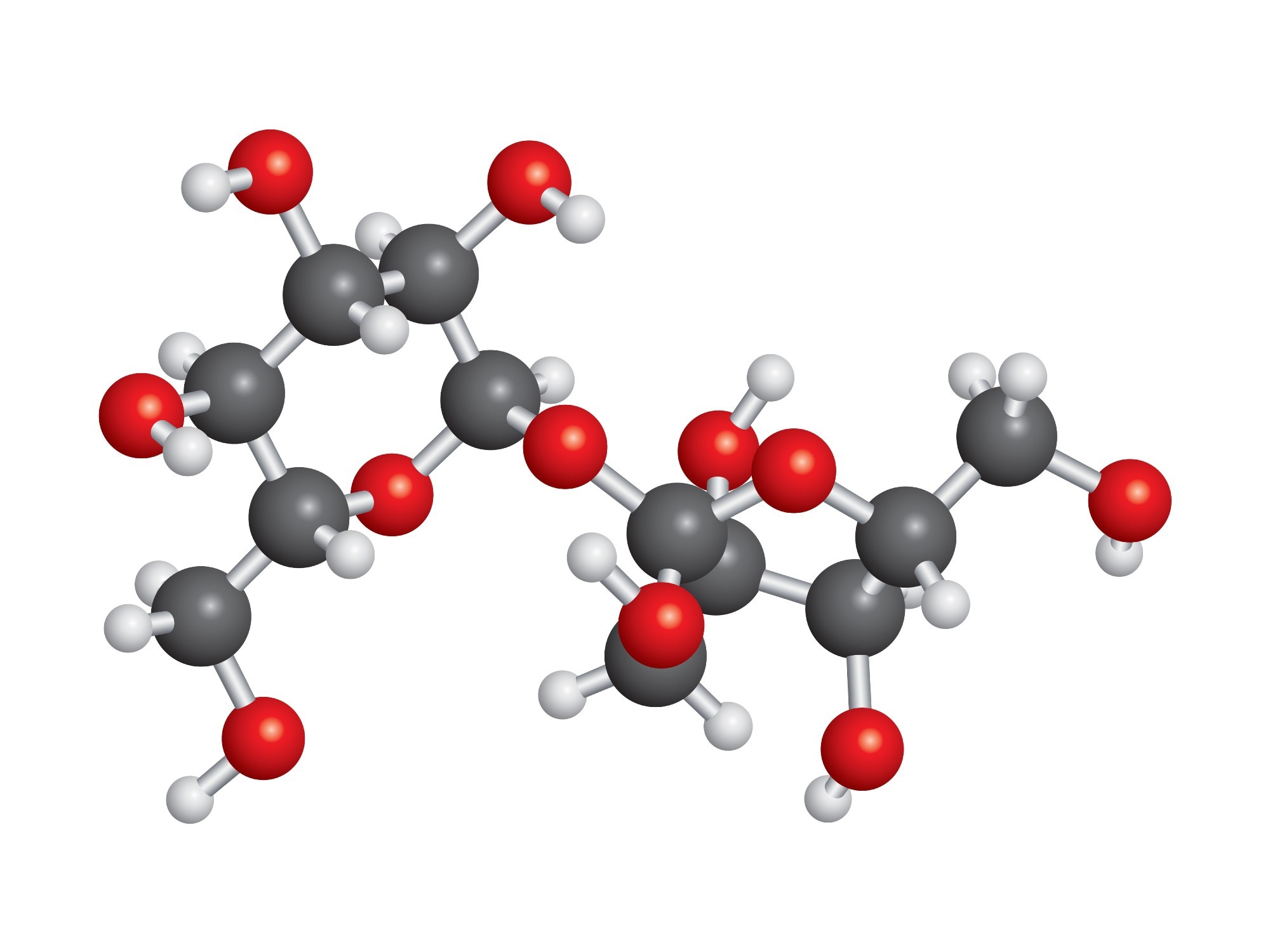Polymers in Construction: Stronger, Lighter in weight, and Extra Resilient
Polymers in Construction: Stronger, Lighter in weight, and Extra Resilient
Blog Article
Exploring the Varied Applications and Advantages of Polymers in Different Industries
Polymers, with their varied array of buildings and functionalities, have actually become indispensable in different markets, each reaping unique benefits from their application. From improving safety and security and efficiency in the auto market to changing clinical tools in the healthcare sector, polymers play a critical role.
Automotive Industry Applications
Polymers play a pivotal function in boosting the efficiency and resilience of different parts within the vehicle market. One prominent usage of polymers in the vehicle market is in the production of light-weight parts.

Health Care Market Advantages
In various healthcare applications, the benefits of using polymers are commonly recognized for their varied series of advantageous properties. Polymers play an essential duty in the health care sector due to their flexibility, biocompatibility, and cost-effectiveness. One of the primary benefits of polymers in health care is their capacity to be tailored to particular requirements, such as flexibility, resilience, and biodegradability, making them perfect for a wide range of clinical applications.
Polymer-based products are extensively made use of in clinical devices, such as catheters, implants, prosthetics, and drug shipment systems, as a result of their biocompatibility and capacity to simulate natural tissues. These products can reduce the threat of allergic responses or beings rejected, enhancing individual safety and security and end results. Furthermore, polymers are lightweight, making them ideal for wearable clinical tools and ensuring patient comfort.
Moreover, polymers make it possible for the development of cutting-edge therapy methods, such as hydrogels for cells design and nanocomposites for targeted medicine shipment. Their convenience of processing and sterilization makes them crucial for keeping high requirements of hygiene in health care settings. Overall, the varied advantages of polymers add substantially to developments in clinical technology and individual care.
Environmental Advantages of Polymers

Additionally, polymers can contribute to power cost savings because of their lightweight nature. In markets such as transportation, light-weight polymer products can aid lower fuel usage and greenhouse gas discharges. Additionally, polymers can allow the advancement of energy-efficient items such as insulation materials that boost power preservation in structures.
Moreover, polymers play a critical role in minimizing water contamination. The use of polymer-based filtration systems can successfully dig this eliminate toxins and contaminants from wastewater, securing water resources and environments. Overall, the ecological benefits of polymers make them important properties in advertising sustainability and eco-friendly practices throughout different markets.
Polymers in Electronics and Innovation
Thinking about the enhancing demand for cutting-edge and sustainable services in contemporary sectors, the combination of advanced polymer technologies in the realm of electronic devices and innovation has emerged as a crucial method site here for driving effectiveness and efficiency. Polymers have actually changed the electronic devices market by enabling the production of lighter, much more adaptable, and durable digital tools. From smartphones to medical gadgets, polymers play a crucial role in enhancing product design and functionality.
One significant benefit of polymers in electronic devices is their insulating residential properties, which assist safeguard delicate electronic parts from ecological variables and electrical interference. In addition, polymers are necessary in the growth of versatile displays, wearable modern technology, and published electronic devices, providing limitless opportunities for developing clever and interconnected gadgets.
Furthermore, using polymers in electronic product packaging has actually led to advancements in miniaturization and thermal monitoring, improving the total efficiency and reliability of digital systems. As technology remains to develop, the convenience and versatility of polymers will unquestionably drive additionally development in the electronic devices market, forming the future of technology.
Function of Polymers in Construction and Facilities
The assimilation of advanced polymer products in building and construction and view it now framework tasks has actually revolutionized the method structures are developed and developed in modern times. Polymers provide numerous benefits in the building market due to their adaptability, sturdiness, and cost-effectiveness. One vital function of polymers in building and construction is their use in finishes and sealants, supplying defense versus ecological aspects such as wetness, UV radiation, and rust. Furthermore, polymers are utilized in the production of lightweight and high-strength composite materials, improving the structural stability of buildings while lowering general weight.
Additionally, polymers play a critical duty in sustainable building and construction techniques by making it possible for the growth of energy-efficient frameworks. Insulating materials made from polymers assist regulate indoor temperature levels, decreasing the requirement for home heating and cooling down systems and inevitably reducing power consumption. Additionally, using polymer-based composites in framework tasks such as bridges and roads enhances their durability and reduces maintenance costs. In general, the unification of polymers in building and framework showcases their substantial effect on modern-day design techniques.
Verdict
In verdict, polymers play a critical function in numerous sectors such as vehicle, medical care, environmental, electronic devices, and building. From improving gas effectiveness in automobiles to improving clinical gadgets, polymers supply many benefits.
Report this page